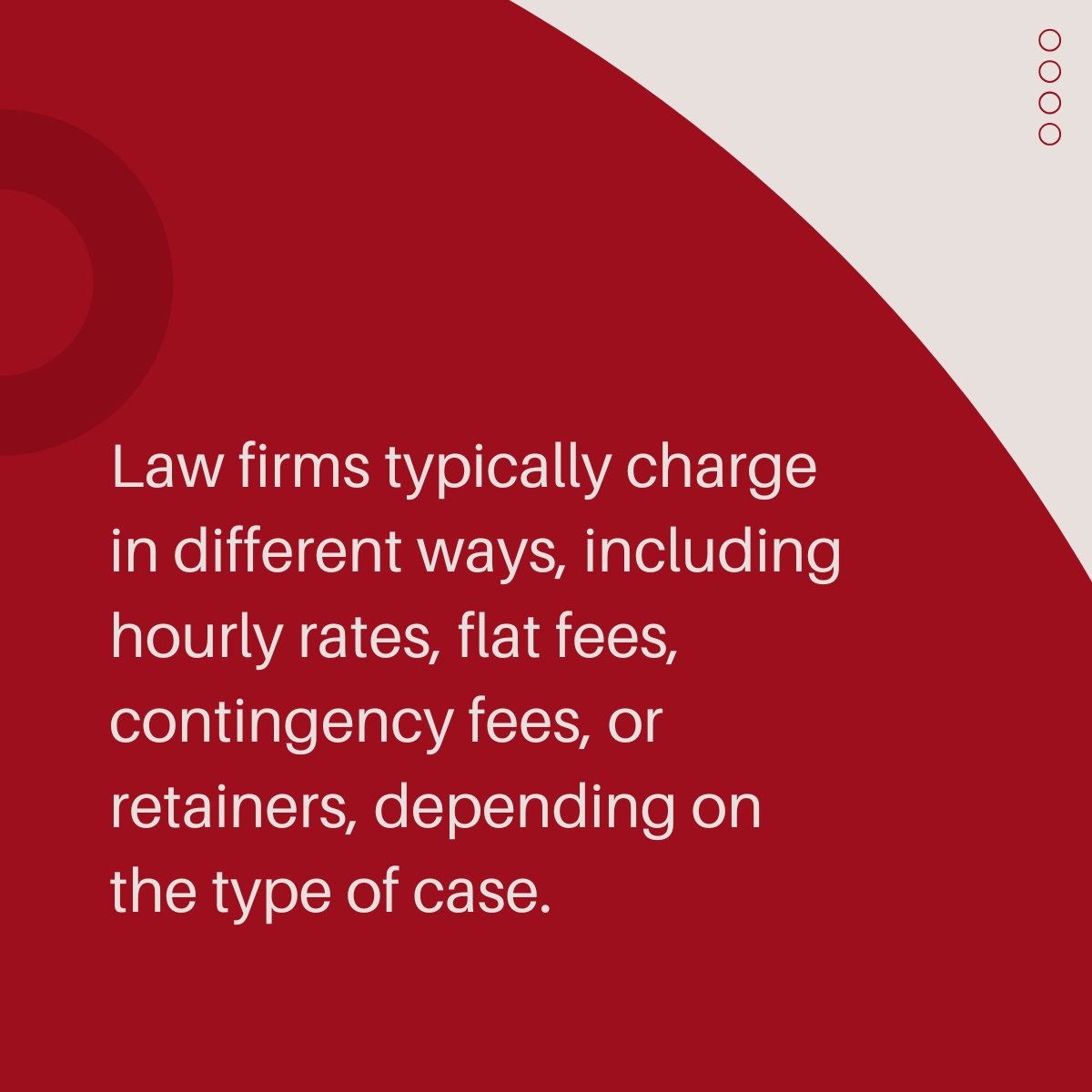
Guide to Choosing A Law Firm in San Diego
Choosing the right law firm in San Diego is an important decision that can directly impact your legal and financial interests. Whether you need guidance on real estate transactions, business disputes, or litigation, the expertise and reputation of your legal team matters.
With so many options available, a thoughtful and strategic approach ensures you select a firm that aligns with your needs and delivers the highest level of representation. This guide will provide a few things to consider when searching for a law firm.
1. Assess Your Legal Needs
When determining which law firm in San Diego to hire, start by understanding your specific legal requirements. Not all firms offer the same experience, so identifying the right type of legal support will help you narrow down your options and find an attorney best suited for your case.
Identify the Relevant Practice Area
Defining your needs will help you determine whether you need a general business attorney or a specialist. Here are some common practice areas:
- Business & Commercial Law – Whether you’re starting a business, negotiating contracts, or dealing with corporate compliance, a business law attorney near me can provide the legal guidance necessary for smooth operations.
- Civil Litigation – If you’re involved in a legal dispute that may require courtroom representation, a litigation-focused attorney will be essential to protecting your interests.
- Real Estate Law – From property transactions to zoning disputes, a real estate attorney near you can help ensure your property rights are protected. If you’re dealing with property conflicts, a real estate litigation attorney is crucial for resolving disputes.
- Title Insurance – If you’re purchasing or selling property, a law firm with experience in title insurance can help identify and resolve any ownership issues before they become legal problems.
- Technology Law – For businesses operating in tech or digital industries, an attorney specializing in technology law can help with intellectual property, data security, software licensing, and compliance with digital regulations.
Determine the Scope and Complexity of Your Case
Once you’ve identified your legal needs, consider the level of expertise required by asking these questions:
- Do you need a one-time consultation or ongoing legal support? – A simple contract review may only require a single meeting, while business structuring, litigation, or real estate transactions might require a longer term representation.
- Does your case involve significant financial stakes? – If your business or property is at risk, secure a law firm with a proven track record in your specific legal matter to protect your interests.
- Will you need representation in court? – If litigation is likely, working with a firm experienced in civil or real estate litigation is a must.

2. Research Potential Law Firms
Once you’ve identified your legal needs, the next step is to find a law firm with the right expertise. Experience matters, so look for firms that specialize in your area: whether it’s business and commercial law, real estate transactions, litigation, title insurance, or technology law. A firm’s reputation is equally important; reading client reviews, checking online ratings, and verifying their standing with the State Bar of California can help assess their credibility.
Professional associations and certifications can indicate a firm’s commitment to high standards, so consider whether they are members of the San Diego County Bar Association or hold relevant legal certifications.
3. Consider Firm Size and Resources
The size of a law firm in San Diego can impact the level of attention, expertise, and resources available for your case. Larger firms often have extensive legal teams, specialized departments, and greater resources, making them ideal for complex legal matters such as real estate litigation or high-stakes business disputes. However, they may also come with higher fees and less personalized service.
Smaller firms or boutique law practices, on the other hand, often provide more direct attorney-client interactions, fostering stronger relationships and individualized legal strategies. This can be particularly beneficial for business owners seeking a business law attorney or individuals needing a real estate attorney for personal transactions.
Beyond firm size, consider the firm’s internal resources, such as access to expert witnesses, case management technology, and legal research tools. A well-equipped firm can handle legal challenges more efficiently and provide a strategic advantage in negotiations or court proceedings. Evaluating these factors ensures that you choose a firm with the right balance of expertise, attention, and resources to meet your specific legal needs.
4. Assess Communication and Accessibility
Having regular communication helps you stay informed and confident throughout your legal process. Before hiring an attorney, evaluate how accessible they are and how they handle client communication.
A reliable law firm should provide clear expectations regarding response times, case updates, and availability for meetings. Some law firms offer direct attorney access, while others rely on paralegals or legal assistants for routine inquiries. If you need frequent updates or have complex legal matters, ensure your attorney is responsive and accessible.

5. Understand Fees and Billing Practices
Before committing to a law firm, understand their fee structure and billing policies to avoid unexpected costs. Law firms typically charge in different ways, including hourly rates, flat fees, contingency fees, or retainers, depending on the type of case.
For matters like real estate transactions, business contracts, or title insurance, a law firm may charge a flat fee for straightforward services. In contrast, litigation cases often involve hourly billing, where you pay for the attorney’s time spent on research, court appearances, and negotiations. Some law firms offer contingency-based fees, where they only get paid if they win your case (common in civil litigation).
Transparency is key, so request a detailed breakdown of costs, including additional expenses like court filing fees, expert witness fees, and administrative charges. Reputable San Diego law firms will provide written agreements outlining all fees and payment expectations upfront.
6. Trust Your Instincts and Make Your Decision
After conducting thorough research, comparing law firms, and meeting with attorneys, the final step is to trust your instincts and make an informed decision. Choose a law firm that makes you feel confident and supported throughout your legal process.
Consider how comfortable you felt during consultations. Did the attorney listen to your concerns and provide clear answers? Were they approachable and transparent about their strategy and fees? A good attorney-client relationship is built on trust, mutual respect, and effective communication.
If you’re still unsure, revisit your priorities. Selecting a law firm that aligns with your specific needs ensures that you receive the best possible legal representation.
Making the right choice now can save you stress, time, and money in the long run, ensuring that your legal matters are handled professionally and efficiently.

Contact DMAB
Choosing the right law firm is a crucial step in ensuring your legal matters are handled with expertise, professionalism, and integrity. By following these tips, you can set the foundation for a successful legal outcome. If you’re ready to move forward, schedule a consultation with DMAB today. The right legal partner will protect your rights and achieve your legal goals.
